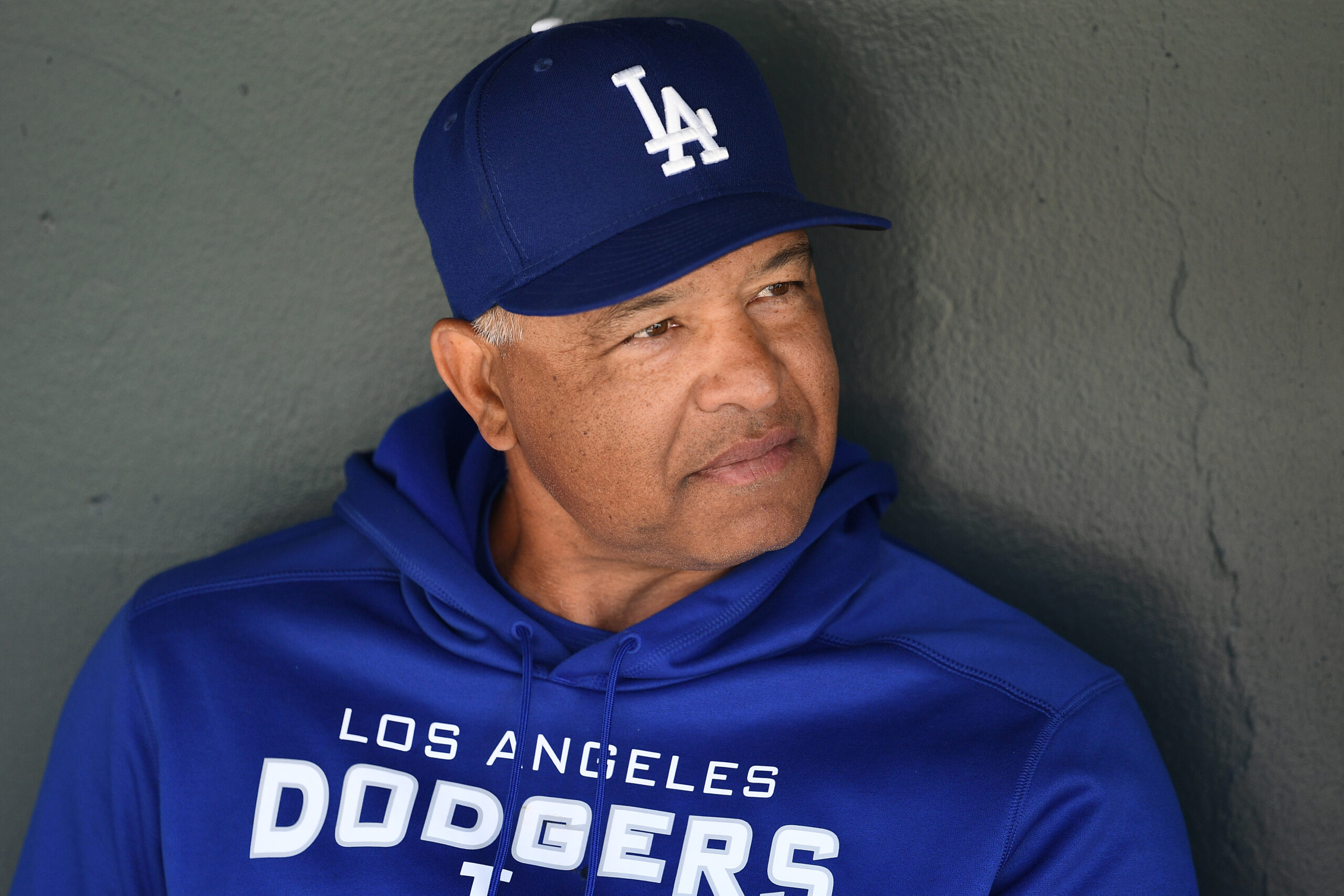Indeed, it was a bit of a shocker.
With baseball’s biggest payroll and too much recent playoff failure baggage, few thought the Los Angeles Dodgers were in position to take a chance, give an opportunity.
But that’s exactly what they did when they hired Dave Roberts as their new manager on Monday, replacing Don Mattingly. Roberts’ official press conference is scheduled for December 1.
Many thought the Dodgers would need to grab an experienced manager, one with a history of success and a pedigree.
The plain truth is that there just aren’t a lot of those types of managers around anymore. Father Time has caught up to a lot of these past winners like Jim Leyland, Joe Torre and Charlie Manuel, leaving the cupboard relatively bare.
Enter the new young bucks getting managers jobs, many with zero to little previous managerial experience at any level.
It’s a trend that can’t be denied. Since 2013-2014, there have been 18 managerial hires; Roberts is the 12th first-time manager.
What’s different is that Roberts is the first of color. That opportunity seemed to be available only to former players who were white. For example, this offseason Scott Servais was hired by the Seattle Mariners with no managerial experience. Last winter Paul Molitor got the Minnesota Twins gig with no managerial experience either.
The Detroit Tigers also hired Brad Ausmus without any experience, and he wasn’t even a coach in the minors or majors before he was hired.
And many believe Gabe Kapler, an Ausmus clone, was a shoo-in to get the Dodgers’ job. He’s a smart guy who works in the Dodgers’ front office.
But it didn’t happen. Roberts, a long shot when the process started, won out.
This is a breakthrough. There should be equal opportunity for all and that’s what the Dodgers demonstrated in this case.
Roberts, 43, impressed the Dodgers, which is how he landed one of the most coveted gigs in the game.
“He has developed strong leadership qualities and accumulated a breadth of baseball experience over his career as both a player and a coach,” Dodgers president of baseball operations Andrew Friedman said in a statement.
“He is a ‘baseball man’ and ‘people person’ in the truest sense of those words. We feel fully confident that he will effectively lead our team in pursuit of its ultimate goal – brining a world championship back to the city of Los Angeles.”
There’s another milestone here. Roberts is the first minority manager ever hired by the Dodgers. But that was never an issue or sticking point for this organization. No one would believe race was a factor in previous hirings. After all, it was the then-Brooklyn Dodgers who broke baseball’s color barrier when they signed Jackie Robinson in 1947, making him the first black player to play in the majors.
Plus, the Dodgers haven’t actually had the opportunity to hire a lot of skippers. In fact, this franchise has had just nine since 1954; at one point they had just two managers over 40 seasons.
Still, being the organization’s first coach of color means a lot to Roberts, the former Dodger who played 10 seasons in the big leagues.
“It’s hard for me to put into words what it means to be named manager of the Los Angeles Dodgers,” said Roberts, whose father is African American and mother is Japanese. “This is truly the opportunity of a lifetime.
“The Dodgers are the ground-breaking franchise of Jackie Robinson, Roy Campanella, Sandy Koufax, Maury Wills, Fernando Valenzuela and Hideo Nomo. When I put on this uniform as a player, I understand the special responsibility to honor those that played before me as well as the amazing bond between the Dodgers and their fans. ”
Roberts has never managed. He was the San Diego Padres’ bench coach the last two seasons and an interim manager with the Padres for one game last season after Bud Black was fired. And while Roberts didn’t get that job in San Diego, the Dodgers went against the grain, which should come as no surprised given this franchise’s history.
“I feel that I have come full circle in my career and there is plenty of unfinished business left in L.A.,” Roberts said.



